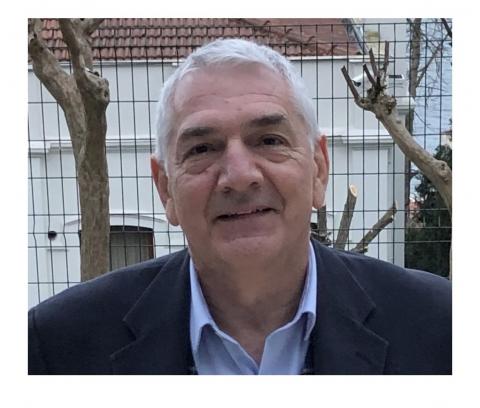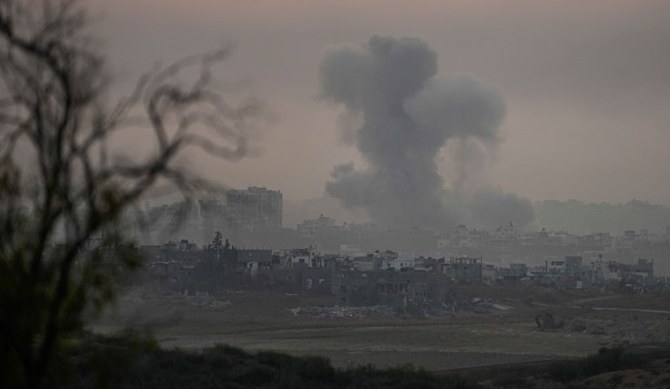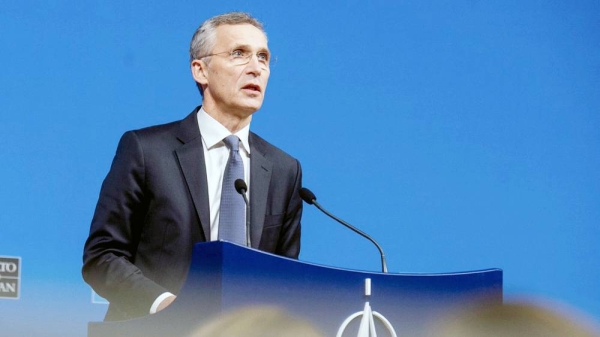
Ukrainians appreciate Western support but they also point out that one of the main reasons which emboldened Russia to act aggressively was the mild reaction when it annexed Crimea.
Ukrainians also claim that the West was hesitant at first when Russia attacked Ukraine last February. It was only after seeing hundreds of thousands of Ukrainian refugees, acute humanitarian crises, and the determination of Ukrainians to resist the occupation that the West decided to assist.
Practical assistance and extensive economic sanctions by the West have been a major part of the resistance against Russia. But nothing is ever enough for a country that is engaged in a war of that sort. The Ukrainians are seeking more of everything including antiaircraft systems, armored vehicles, and electronic warfare equipment.
Economic sanctions by the West have hurt Russia but not to the point of giving up. Russia’s energy resources are plenty and it continues to flow into the global market. It is true that Russia’s energy exports to Europe have diminished, but other big buyers such as China and India make up for the loss.
The war has changed the global strategic setting, most visibly in Europe.
Sweden and Finland have buried their long-standing policy of neutrality in the pages of history. Finland has become the 31st member state of NATO, as a result of which, now has an extra 1300 km of border with Russia. Sweden is waiting for the Turkish and Hungarian parliaments to ratify its accession protocol. This procedure is hoped to be completed by the NATO summit in Vilnius in July.
The Minister of Defense of Switzerland, the country which has been the symbol of neutrality for centuries, visited NATO headquarters and met with Secretary General Stoltenberg last March. Not that Switzerland is going to apply for NATO membership, but this first-ever visit of its kind demonstrates the inclination of Switzerland. Stoltenberg emphasized that neutrality is not an obstacle to working together.
On the other hand, Türkiye, a NATO member since 1952, has not ceased relations with Russia. On the contrary, its policy since last February has been to make the best out of the situation by using the advantages of its geographic location and relations with both Russia and Ukraine.
Türkiye had a major role in closing the grain deal which established a mechanism to transport Ukrainian and Russian grain products to world markets. Since then, around 27 million tons of Ukrainian grain passed through the Turkish straits to their destinations.
However, now, there are problems. Russian Foreign Minister Sergei Lavrov, who was in Turkey last week, said at the press conference with his Turkish counterpart that part of the deal about Russia’s products is not being implemented. Lavrov complained that Russia could not enter the swift payment system, could not insure its cargoes, its ships could not enter Mediterranean ports and foreign ships could not enter Russia’s ports. He said under these circumstances, unless these difficulties were removed, the agreement would no longer be needed.
China, the rising world power, is becoming a major player here too. At first, China refrained from positioning itself explicitly next to Russia. Recently, it has been engaging with Russia more. Chinese leader Xi Jinping’s most recent official visit to Moscow, even though not groundbreaking, was a main event in the global geostrategic chess game.
China has stated its position that sanctions and political pressure will not solve the problem and has called for peace talks.
Having facilitated rapprochement between Saudi Arabia and Iran, China also came up with a 12-point paper titled "China’s Position on the Political Settlement of the Ukraine Crisis". This position paper, not an official peace plan, probably intended to test the waters, was met with mixed reactions from all sides.
Still, many players on the global stage believe that China could facilitate things with Russia for a peace process.
The Chinese Foreign Minister has also made the point that his country has not provided weapons to either side of the conflict. Whether China may contribute to facilitating peace talks or not, China’s holding back from providing war material to Russia is a plus or an achievement for Ukraine and the West.
Nuclear security has become an increasingly alarming issue. Russia’s use of tactical nuclear weapons would lead to catastrophic consequences. Putin’s talk about further enhancing ties with Belarus in the security field and deploying tactical nuclear weapons on Belarus territory is raising stakes.
Direct channels between Russia and Ukraine, between Russia and the USA and the West are not closed. Public or outside of public domain contacts continue to take place. The question is whether diplomacy stands any real chance at least at this stage.
Both Ukraine and Russia have strong feelings on their domestic fronts. The leaders cannot ignore these.
The positions of the two fighting nations are at opposite extremes and both seem determined to continue to fight.
Russia demands Ukraine's recognition of Russian-occupied Crimea, independence for separatist-controlled Luhansk and Donetsk, and "demilitarization" and "denazification".
Ukraine on the other hand, says that it will only engage if Russia agrees to return Crimea and the Donbas region to Ukraine and withdraw.
With Russia and China as permanent members of the UNSC, the United Nations is unable and ineffective. The UN Charter cannot be upheld and the so-called world order has been diminished to a notion where the strong see in themselves the right to do anything.
Ironically, Russia has assumed the UNSC presidency as of April 1. It is another irony that the Russian army attacked and invaded Ukraine last February when Russia was again holding the Presidency of the UNSC.
Russia’s credibility opens into question how a possible peace agreement in the future would hold. However, even though international documents may be rendered meaningless, they remain relevant and essential.
The 1994 Budapest Memorandum was a guarantee by the USA, UK, and Russia to Ukraine, in return for giving up nuclear weapons on its territory. But it was one of the signatories of this memorandum that invaded Ukraine. On the other hand, it is this memorandum, as the only direct reference document, which justifies and legitimizes US and UK military and political support to Ukraine.
For the time being the West stands with Ukraine. Eastern and Central Europeans and Baltic countries are particularly determined and forthcoming in their support. West Europeans are less so, or more cautious, even though they continue to support Ukraine.
In international politics, nothing could be taken for granted. Prioritizing interests and fatigue are important factors while deciding policies. Especially if economic conditions deteriorate, governments may have to face the dilemma of strategic considerations versus domestic considerations. In such cases, domestic considerations are more likely to prevail. This is something that should be considered by all sides and in this case, especially by Ukraine.
I will end with a popular saying in Ukraine, which was quoted by a high-level Ukrainian official recently at a meeting in which I also participated: “If Russia stops shooting, the war will end. If Ukraine stops shooting it will cease to exist”.












